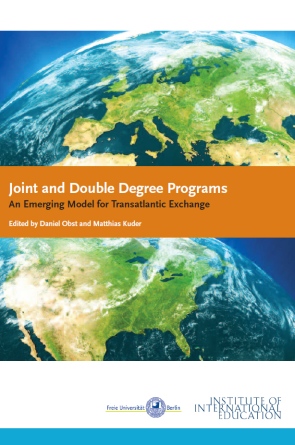He begins:
In the 19th and 20th centuries we made stuff: corn and steel and trucks.
Now, we make protocols: sets of instructions. A software program is a protocol
for organizing information. A new drug is a protocol for organizing chemicals.
Wal-Mart produces protocols for moving and marketing consumer goods. Even when
you are buying a car, you are mostly paying for the knowledge embedded in its
design, not the metal and glass.
This column provides a brief reflection on a recent book - From Poverty to Prosperity (edited by Arnold Kling and Nick Schulz).
The success of an economy depends on its ability to invent and embrace new
protocols. Kling and Schulz use North’s phrase “adaptive efficiency,” but they
are really talking about how quickly a society can be infected by new
ideas.
A protocol economy tends toward inequality because some societies and
subcultures have norms, attitudes and customs that increase the velocity of new
recipes while other subcultures retard it. Some nations are blessed with
self-reliant families, social trust and fairly enforced regulations, while
others are cursed by distrust, corruption and fatalistic attitudes about the
future. It is very hard to transfer the protocols of one culture onto those of
another.


 The EU-funded project is designed to support Europe’s universities in implementing the commitments made in the
The EU-funded project is designed to support Europe’s universities in implementing the commitments made in the 


